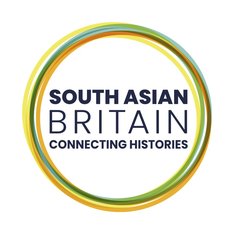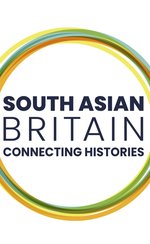Other names
Krishnarao Moreshwar Pardhy
Place of birth
Date of arrival to Britain
Location(s)
Truro
Cornwall
United Kingdom Edgbaston
28 Elvetham Road
Smethwick
United Kingdom
Place of death
Paddington, London
Date of time spent in Britain
1900–59
About
Krishna Moreshwar Pardhy was a doctor who had served with the Indian Army during the Boer War in 1899. In 1900 he came to England as a medical officer in charge of Indian soldiers. He obtained his MRCS and LRCP in 1904 and became a house surgeon at the Royal Infirmary in Truro, Cornwall. In 1907 he moved to Harley Street in London and then to Edgbaston in Birmingham in 1911 as a consultant surgeon. In 1910 he was elected as Fellow of the Royal College of Surgeons.
In recognition of his army service, he was admitted on to the UK electoral franchise in 1908 – before the franchise was introduced in India. He was a keen sportsman and played hockey for Cornwall, and cricket and tennis. In 1910 he won the gold medal for wrestling in the Midlands championships. In 1911 he married Irene Margaret. He had three children with his wife.
Pardhy was one of the founders of the Birmingham Indian Association. Pardhy inaugurated an initial meeting in 1908 but the Association met more regularly after the First World War with the help of Dr Fakir Chand and Dr Vishwa Lambah. He was also one of the trustees of the Indian Social Conference, which organized annual summer conferences for Indian students in the UK. In 1932 he attended the foundation of the Maharashtra Mandal in London, one of the oldest Marathi organizations outside India. Pardhy was the inaugural president of the Hindu Association of Europe, which was founded in Belsize Park, north London in December 1935.
In 1924 a case was brought against Pardhy for the alleged seduction of a 16-year-old female patient in his consulting rooms during a routine consultation for a skin issue. The case was brought by her father after his daughter gave birth to a child, which was alleged to be dark in colour. The case was widely reported in the press and Pardhy was acquitted.
In June 1943 Pardhy was brought to court again for an accusation of rape of a married woman in his consulting room. The case was widely reported in national tabloids and local newspapers, which followed the trial closely, with Pardhy’s well-wishers following the trial in public too. The jury failed to agree and so there was a retrial in December 1943. The jury at the second trial returned a verdict of not guilty.
Pardhy died in 1959, by which time he was living in Porchester Gardens, London.
Fakir Chand, Vishwa Lambah.
Birmingham India Association, Indian Social Conference.
Visram, Rozina, Asians in Britain: 400 Years of History (London: Pluto Press, 2002)
British Newspaper Archive
Census of England and Wales
Electoral Registers
Medical Registers
Banner image credit
Thurston Hopkins/Picture Post/Hulton Archives via Getty Images
Image credit
© Remaking Britain: South Asian Connections and Networks, 1930s – present


